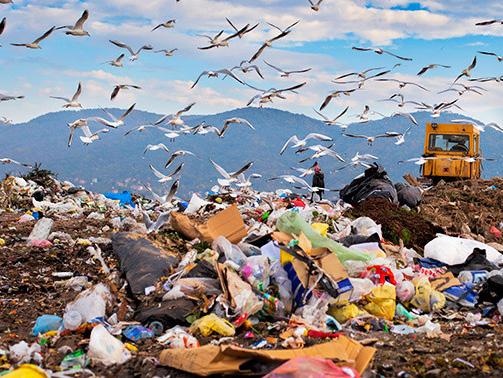
1 minute read
C l IM ate C hange & s usta I nab I l I ty
in greenwashing, thus devaluing the meaning of sustainability, bringing to question whether fashion really can be sustainable (Indvik, 2020).
Although climate change and sustainability are not new concepts, recent changes have been shaped around growing interest and awareness. More than ever before, consumers understand the current climate and are changing their behaviour to reduce their impact. The three macro trends chosen were: veganism, sustainable fashion, and zero waste.
Advertisement



There is a link between transportation and air pollution due to the emission of greenhouse gases (Torok, 2008).
Recent shifts in consumer lifestyles have caused greater demand for sustainable travel including public transport and bicycle use; the driving of cars is projected to reduce by 10% by 2030; to account for less than half of all city transport (Elks, 2020). Another important consumer change is the rise of veganism. The Vegan Society (2020) reported an increase in the number of vegans in 2019 in the UK by four times the amount in 2014, with the market being worth £443m. This shift in consumer behaviour has encouraged the opening of vegan-only supermarkets, meat-free butchers and greater availability of vegan alternatives P E S
A circular economy employs a continuous cycle which considers all elements of a product from design to end-of-life, ensuring zero-waste (Hestin & Poukka, 2020). One business who adopts a circular framework is the Modern Milkman delivering milk and other essentials in reusable glass bottles and containers, adopting plastic-free packaging which can also be recycled (Modern Milkman, 2020). Moreover, the Australian Close the Loop brand reuse plastic print cartridges to create longer-lasting road surfaces, reducing the number of materials ending up in landfill (Thornton, 2019). T E L

Consumer shifts in fashion consumption is apparent through increased demand for sustainable options. Previously restricted to the designer market, rental fashion has made its way to the highstreet with more consumers opting to rent clothing for one-off outfits, a market estimated to reach a value of £1.46bn by 2023 (Bishop, 2019). The growth of Depop as a platform to sell second-hand/vintage clothing has also attracted the Gen Z market, with many young people starting their own businesses (Remsen, 2017). Sustainable fashion has been promoted by designers such as Stella McCartney for some time, and whilst some brands are committed to limiting their impact, the trend has attracted a rise








